Rwanda Marks World Environment Day 2025 with a Powerful Stand Against Plastic Pollution
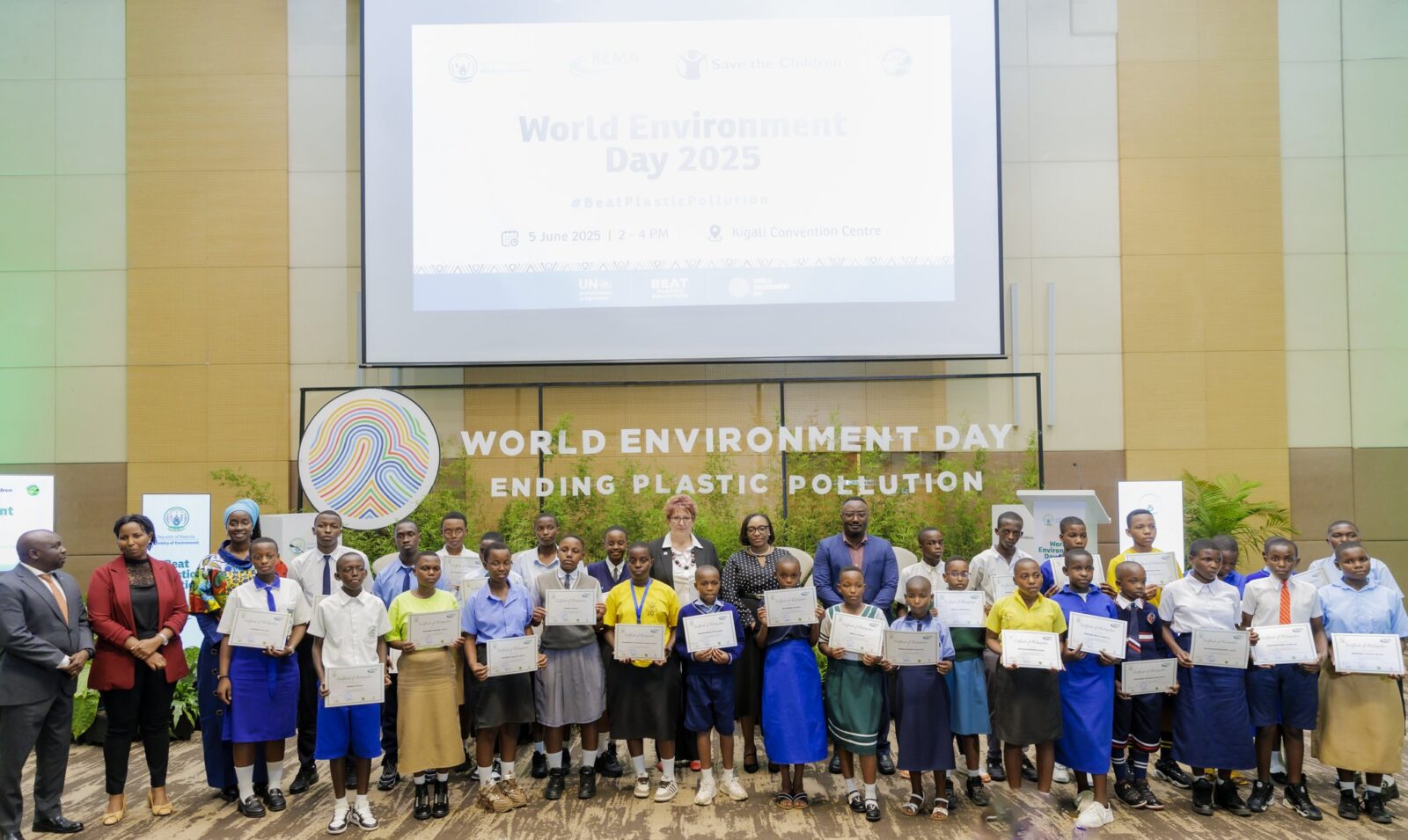
On June 5, 2025, Rwanda joined millions around the world to celebrate World Environment Day. This year’s theme, Beat Plastic Pollution, couldn’t be more urgent. But for Rwanda, it’s not just a theme — it’s a call to action that the country has answered with impressive results.
Juliet Kabera, Director General, Rwanda Environment Management Authority (REMA), shared some hopeful news: there are now 24 plastic collection centers spread across the country. These centers have collected over 1,500 tonnes of single-use plastics so far. Even better, this effort has created about 1,500 jobs focused on waste collection and management. This all started back in 2021 when REMA and the Private Sector Federation introduced a levy on plastic manufacturers. The money raised helps fund collection and recycling.
“Plastic pollution is more than just a visible problem. It threatens our ecosystems, our health, and our climate,” Kabera said. “Without action, projections show that plastic pollution will triple by 2040. But Rwanda chose a different path—early, and with determination.”
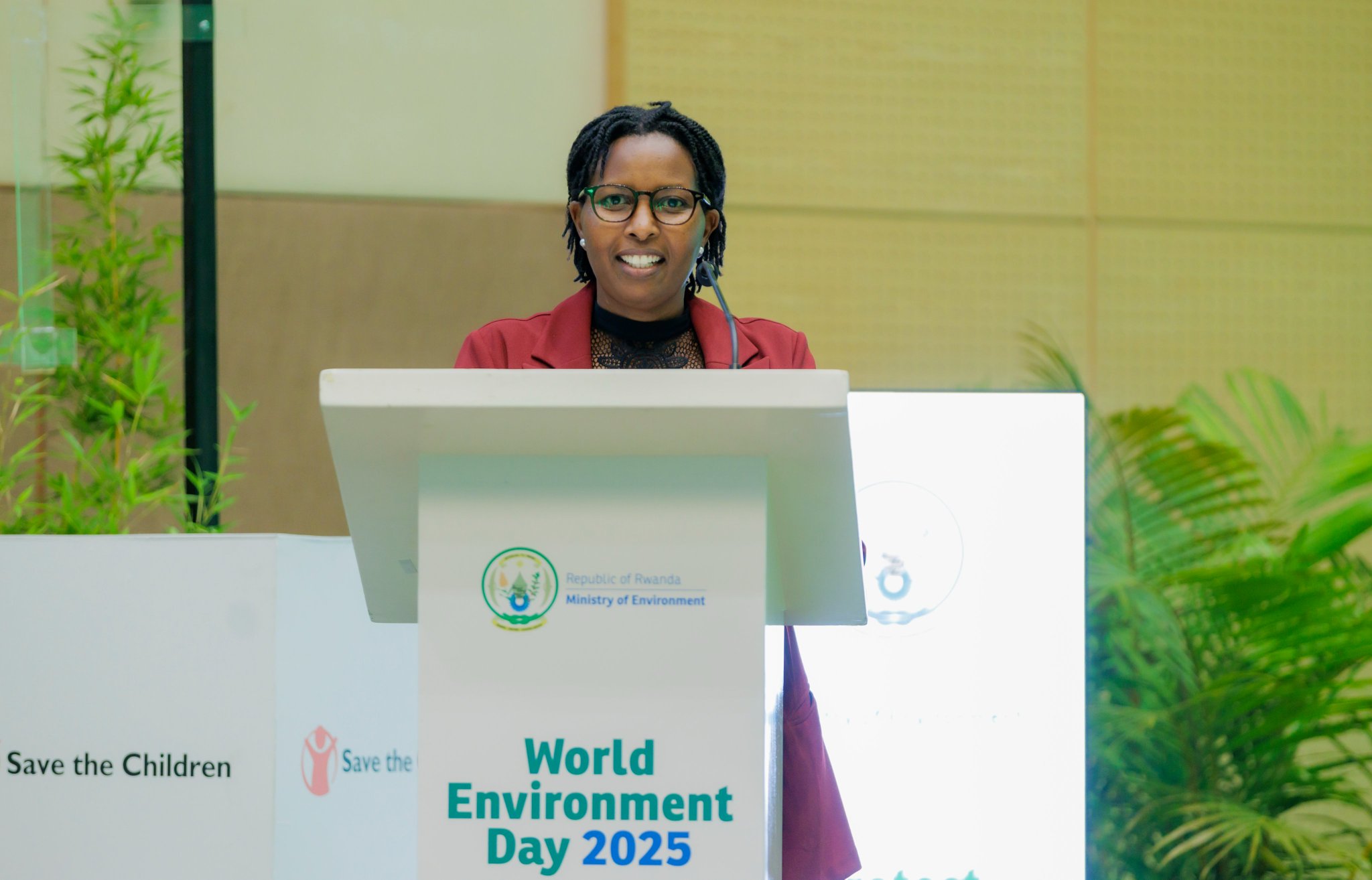
Some local businesses are turning plastic waste into new products.
Depot Kalisimbi Ltd makes bricks and pavers from recycled plastics. These were used to build Rwanda’s first house and road made completely from recycled plastic.
SIBO Engineering, run by CEO Beathe Siborurema, processes around 750 kilograms of plastic each month, turning it into furniture, decorative pieces, and floor tiles.
Soft Packaging Ltd, managed by Nitesh Patel, recycles 4 to 6 tonnes daily into black plastic sheeting used in construction.
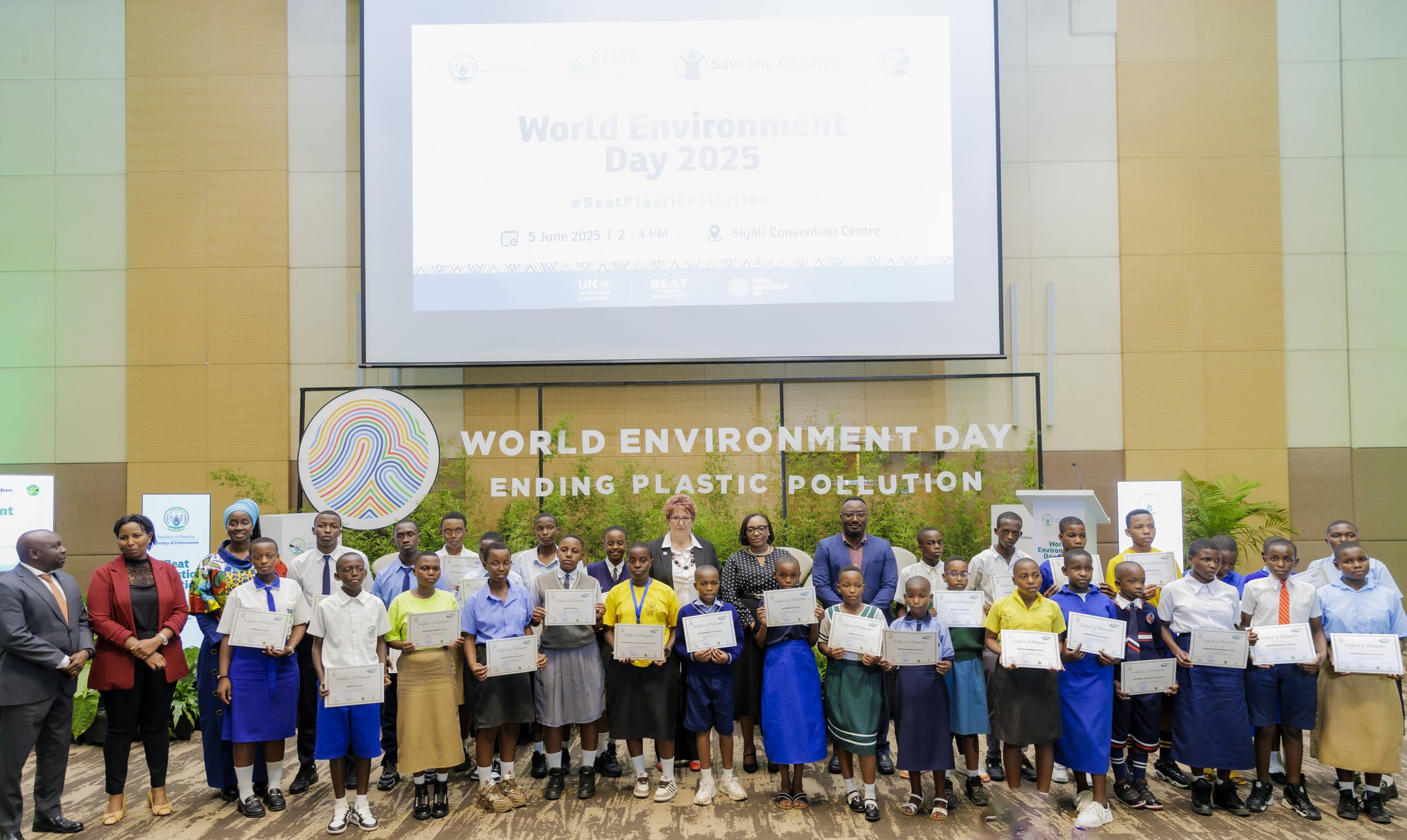
Jo Musonda, Country Director of Save the Children Rwanda, spoke about why kids and youth are so important: “Children and youth are the stewards of our future. Their active involvement and awareness are essential in building a sustainable Rwanda.” She added, “Children are demanding stronger protections and leading community initiatives like tree planting, clean-ups, and recycling campaigns.”
Rwanda’s Minister of Environment, Dr. Valentine Uwamariya, reflected on how far the country has come in protecting the environment. She reminded everyone that plastic bans put in place more than ten years ago helped make Kigali one of Africa’s cleanest cities.
“Our collective actions—saying no to unnecessary packaging and using reusable items—are vital steps toward safeguarding our environment,” she said. “While we have made significant progress, challenges remain—market pressures, financing gaps, and cross-border plastic flows. It is only through unity and shared responsibility that we can overcome these hurdles and make lasting change.” She also reaffirmed Rwanda’s commitment to a resilient, low-carbon future as outlined in Vision 2050.
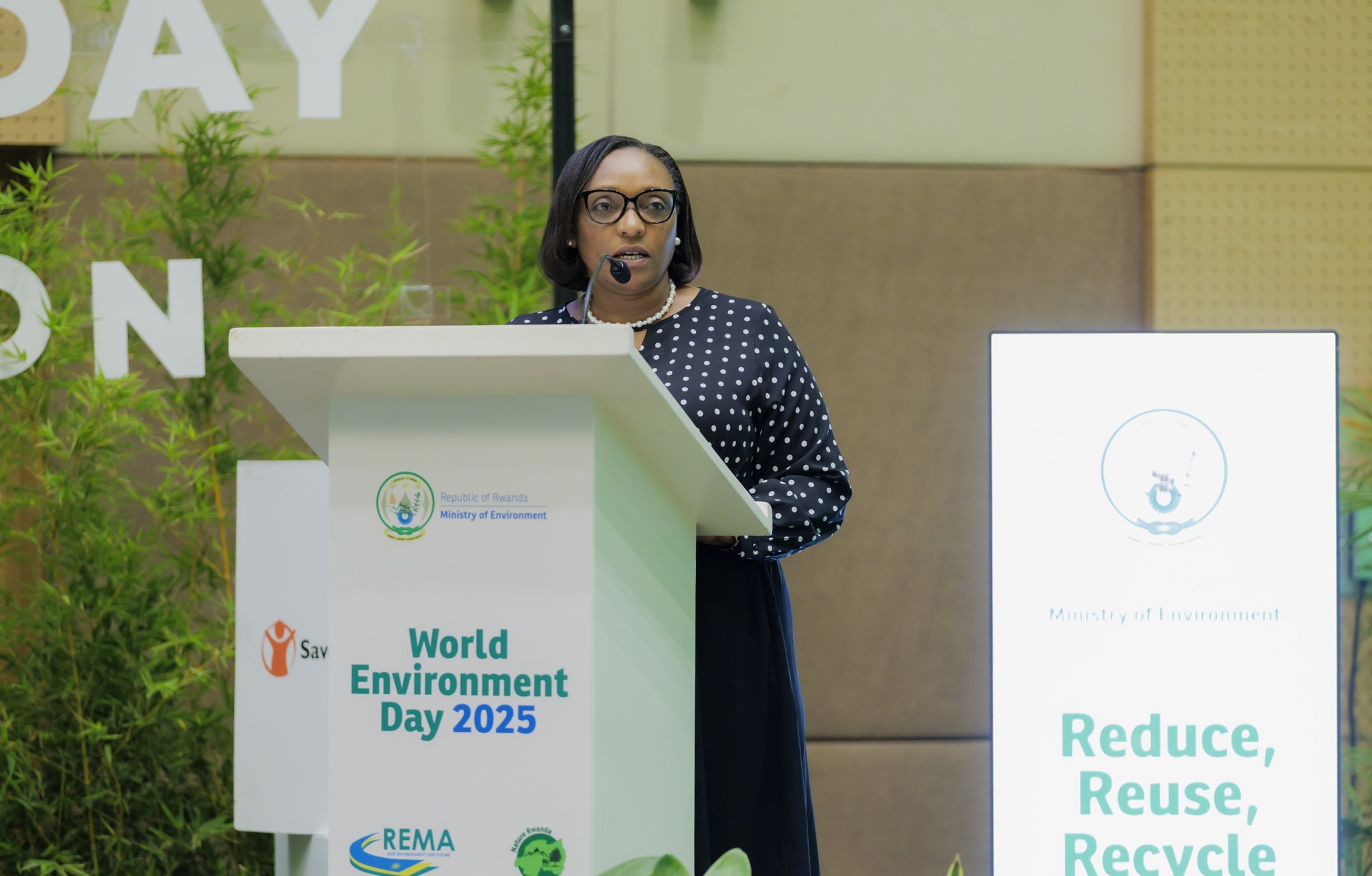
UNDP Rwanda’s Country Representative, Fatmata Lovetta Sesay, reminded people that plastic pollution affects more than nature alone. “This issue impacts ecosystems, livelihoods, and social equity,” she explained. “Each of us holds a solution in our pockets, and collectively we can make a difference.” She called for expanding successful approaches and better cooperation across Africa: “We need to expand what works and strengthen cooperation across Africa—plastics recognize no borders.”
At the event, local companies showed off their work tackling plastic waste. From recycling technologies to biodegradable alternatives and circular economy projects, these ideas are helping Rwanda lead the way.
Rwanda’s message to everyone—citizens and businesses—is clear: making sustainable choices benefits us all. The plastic recycling push has already created jobs, cut pollution, and sparked fresh innovation.
“Every choice counts. Say no to single-use plastics,” Kabera urged. “Our goal is clear: a plastic-pollution free and healthy environment for every Rwandan, today and into the future.”
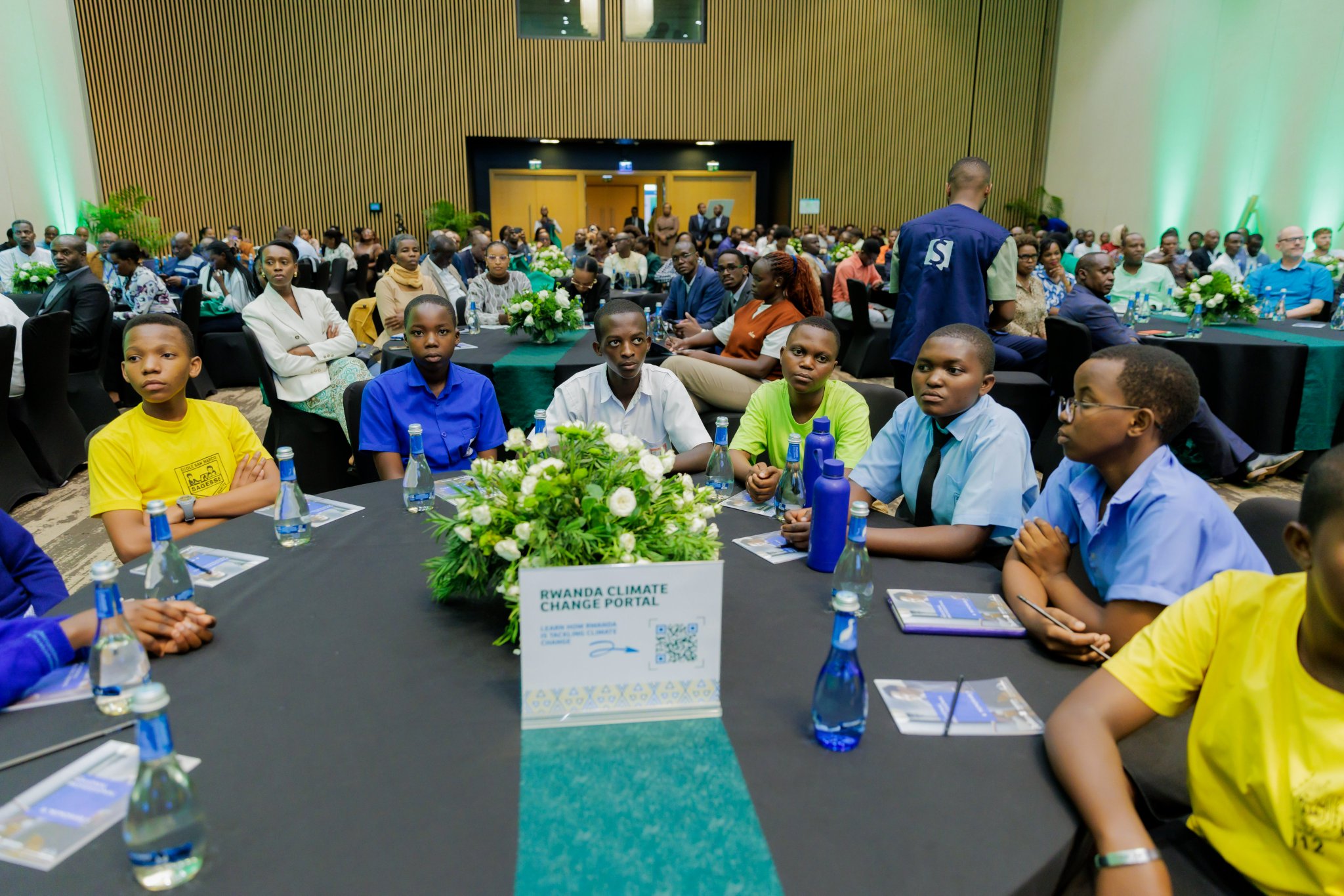
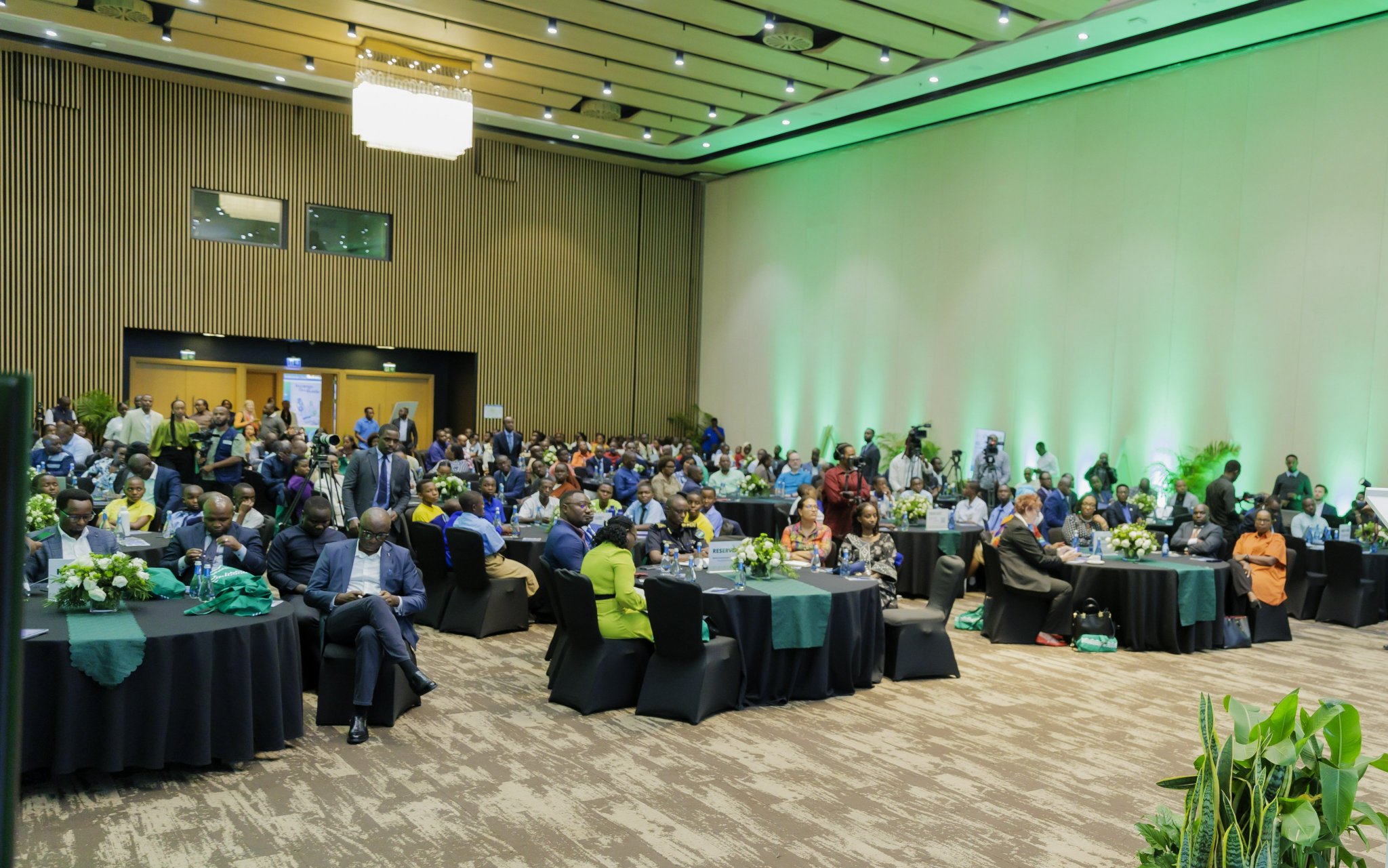
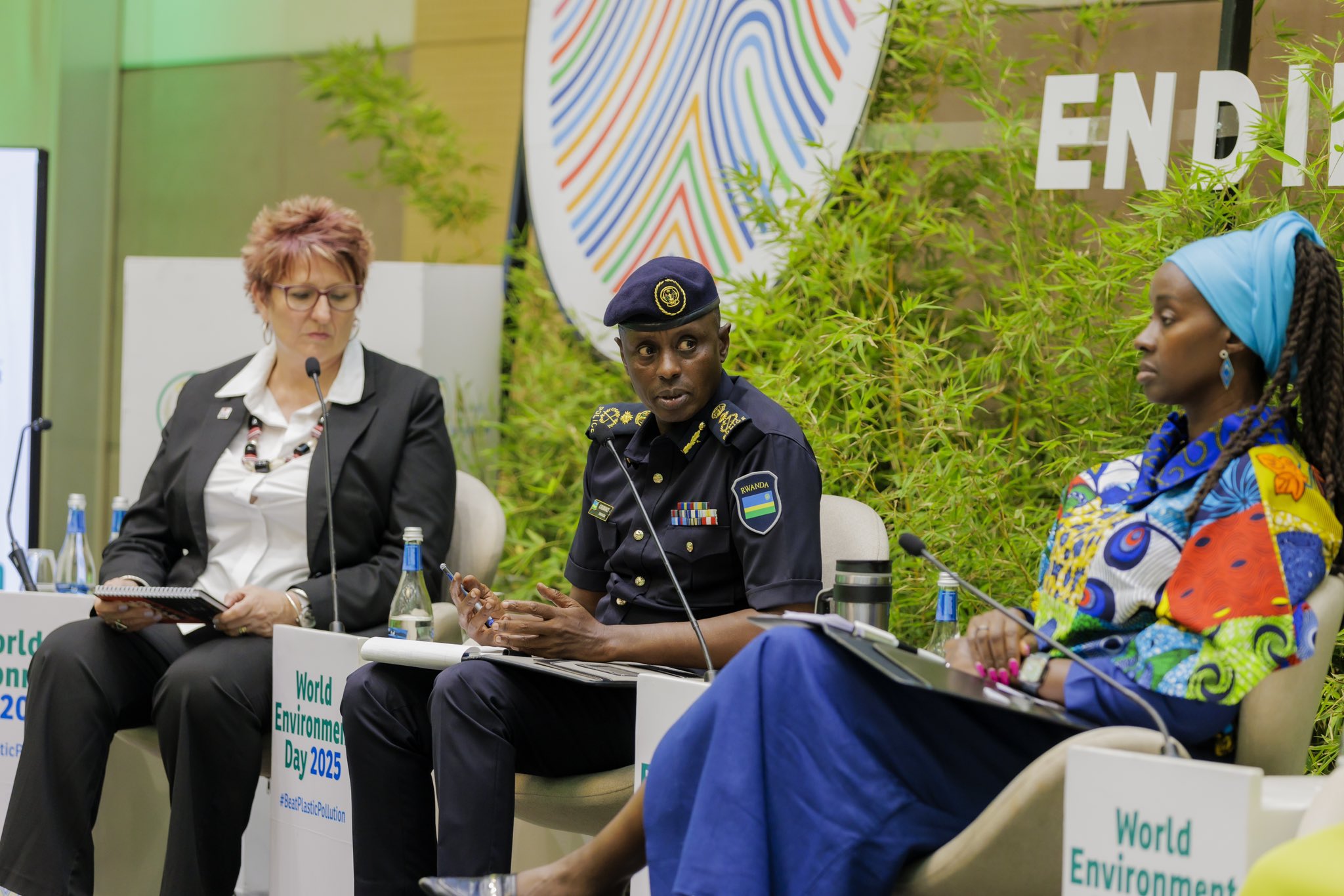
Related Articles
Strengthening Rwanda’s SMEs for Circular Food Systems: Embedding Circularity Beyond Project Implementation for Long-Term Transformation
As Rwanda advances its circular economy ambitions, small and medium-sized enterprises (SMEs)...
Powering Food, Restoring Land: How Renewable Energy and Regenerative Agriculture Are Transforming Rwanda’s Farms
Across Rwanda’s rolling hills, a quiet revolution is underway. It begins in...
Late February Weather Alert: Heavy and Above-Average Rainfall Forecast Across Rwanda
The Ministry in charge of Disaster Management (MINEMA) has issued a weather...
GBOX Launches AI Literacy Initiative to Support Rwanda’s Digital and Sustainable Development
A new Artificial Intelligence (AI) literacy program has been introduced last week...





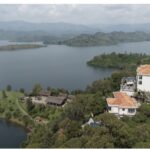

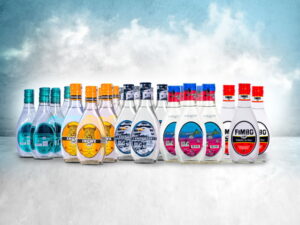
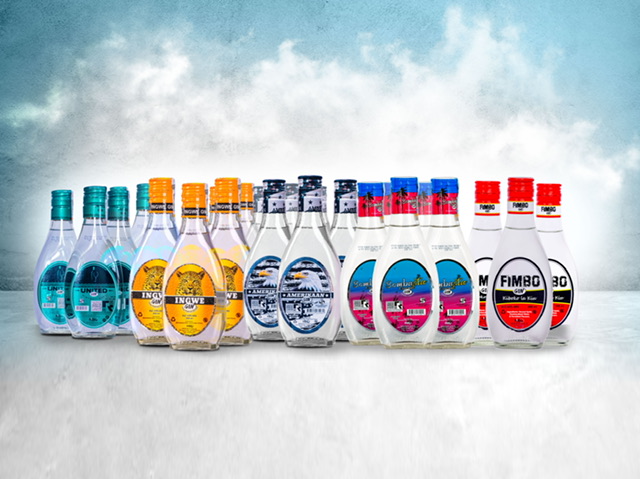
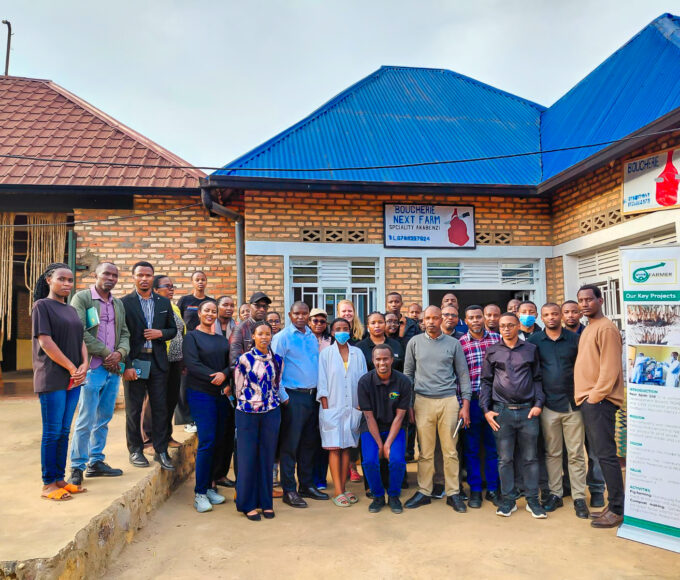

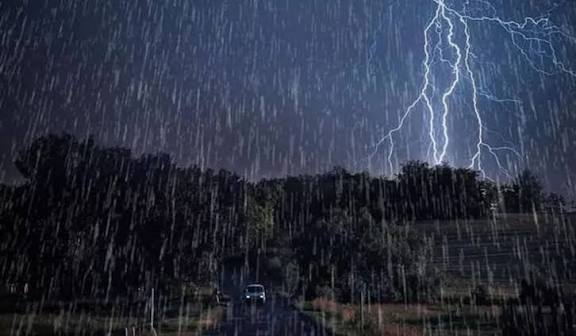
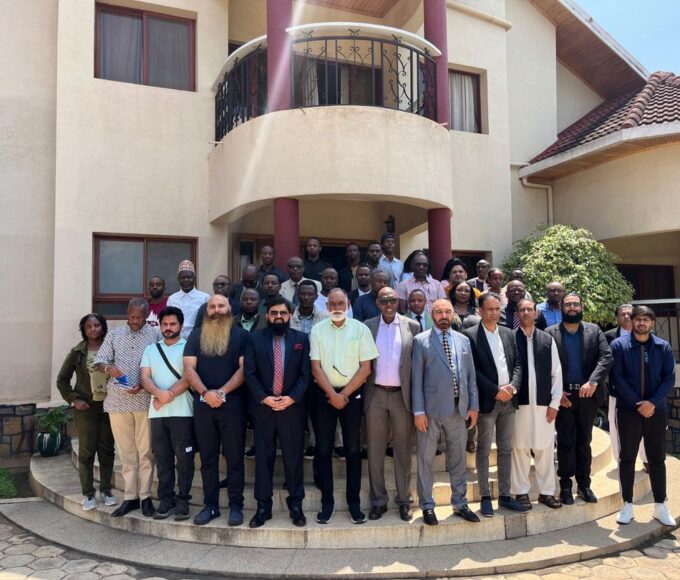
Leave a comment